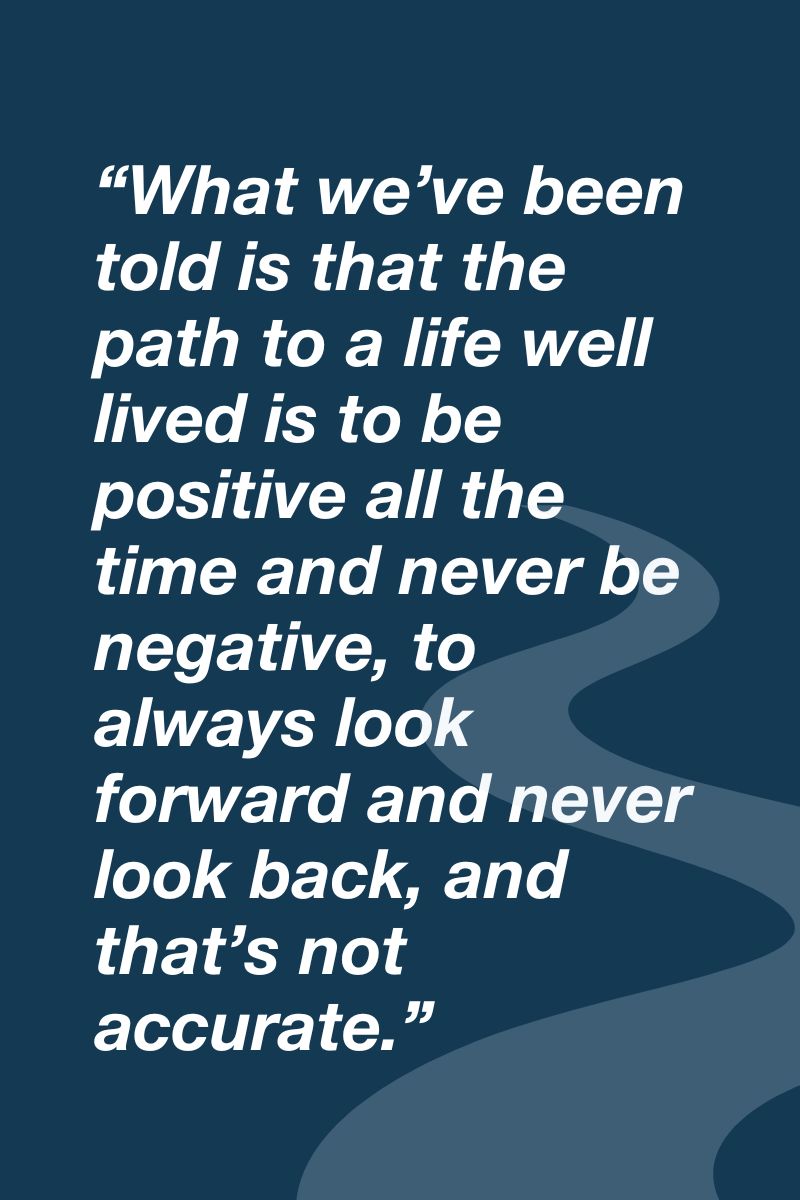A Guide for Leaders on Discovering Their Core Motivations and Drivers
Daniel Pink’s insights into human behavior and the power of regret offer valuable guidance for leaders seeking to understand core motivations and drive. Through his work, Pink emphasizes that motivation is intrinsic and cannot be imposed externally. To foster a motivational environment, leaders must prioritize fair wages, autonomy, and mastery. By reflecting on past regrets, leaders can develop greater self-awareness and make more informed decisions, fostering personal growth and inspiring others to do the same.
In Understanding Human Behaviour and the Power of Regret, as seen on TEC’s Leadership Standard podcast, thought leader and best-selling author Daniel Pink touches on the human factors that contribute to success and strong drive and motivation.
Pink talks about his book Drive: The Surprising Truth About What Motivates Us and how it uncovers the truth that motivation is not something we can provide for someone else, as motivation comes from within, not from an external source. It is intrinsic rather than extrinsic, and intrinsic motivation is what distinguishes many high performers from their counterparts.
“We got to get past the idea that motivation is something that one person does to another and recognize that it’s something people do for themselves.” – Daniel Pink
Rather than attempting to change a person’s behaviour, creating an environment where people can motivate themselves is the most effective way to enable employees to thrive and find their motivation.
A Leader’s Guide to the Principles of a Motivational Environment
An exemplary environment where people can motivate themselves consists of three design principles Pink defines as straightforward, rooted in evidence, but not always easy to implement. The principles are the following:
1. Fair Wages
Do not overlook this simple step. Although money is not the sole incentive for people to perform well at their jobs, if they are not compensated fairly, they’ll be less encouraged to follow through on tasks to their full potential. An employer that rewards its employees accordingly is instilled with trust, reputation, and status.
2. Autonomy
People need a certain level of control over what they do. Whether that be what tasks they perform, the order or timing they complete them in, where it’s completed, or how it’s completed. This gives employees freedom and flexibility over their schedules and allows them to concentrate on what interests them.
3. Mastery
This principle entails giving employees opportunities to learn new skills or improve at one that matters to them. Making progress and engaging in meaningful work and purpose, whether making a small contribution externally or internally, is a key component to life fulfillment. Creating a work environment that prioritizes mastery encourages employees to seek avenues that make meaningful contributions to the organization and its stakeholders.

1. Fair Wages
Do not overlook this simple step. Although money is not the sole incentive for people to perform well at their jobs, if they are not compensated fairly, they’ll be less encouraged to follow through on tasks to their full potential. An employer that rewards its employees accordingly is instilled with trust, reputation, and status.

2. Autonomy
People need a certain level of control over what they do. Whether that be what tasks they perform, the order or timing they complete them in, where it’s completed, or how it’s completed. This gives employees freedom and flexibility over their schedules and allows them to concentrate on what interests them.

3. Mastery
This principle entails giving employees opportunities to learn new skills or improve at one that matters to them. Making progress and engaging in meaningful work and purpose, whether making a small contribution externally or internally, is a key component to life fulfillment. Creating a work environment that prioritizes mastery encourages employees to seek avenues that make meaningful contributions to the organization and its stakeholders.
Implement these three principles with intention and see for yourself the transformative effects it has on your employees’ well-being and your organization’s culture and success.

The Power of Regret
In his latest book The Power of Regret: How Looking Backward Moves us Forward, Daniel Pink breaks the myth that we should live without regrets. He states that studies have been conducted and reveal that everyone (other than sociopaths) has regrets. Retrospectively, if we reframe our regrets and treat them appropriately, they can become a powerful teacher.
“What we’ve been told is that the path to a life well lived is to be positive all the time and never be negative, to always look forward and never look back, and that’s not accurate.”
Evidence proves that examining our regrets rather than wallowing in them allows us to be more decisive, helps us become better problem solvers, and develops our leadership skills. If done right, it is not a destructive emotion but a transformative one.
A Leader’s Guide to Leveraging the Power of Regret for Leadership Development
Leaders can develop more wholly by reflecting on their mistakes. In one study exploring negotiation sessions between executives, they were asked to examine specifically what they wish they would have done better in past sessions. After doing so, they performed better in the next one. Straightforward, but this concept is counterproductive to what our instincts suggest.
When faced with looking at our regrets or negative emotions, our instincts are to shut them out or plunge into them and become overly self-critical, which only multiplies the negative emotion. Pink suggests using that bad feeling as a signal to our brain that we must look at the event and emotion objectively and ask ourselves what there is to learn and extract from the situation.
“You can’t have one without the other, the reason it helps us do better in the future is that it makes us feel bad in the present.”
Boldness
Research suggests that regrets about inaction are more persistent than regrets over actions. This is especially true in personal relationships, but also for professional and career-based ambitions. An example of this could be regretting not calling a loved one, or not capitalizing on an opportunity.
Pink highlights the human tendency to overestimate risks, leading us to miss out on opportunities and ultimately leading to regret. By learning from our past regrets and adjusting our prioritization of risk, we can make more informed and courageous choices. Embracing boldness allows us to step outside our comfort zones, fostering personal growth and potentially reaching our goals. As leaders, employees, and in our daily lives, the greatest lesson to learn from regrets over inaction is to embrace calculated risks and seize the opportunities that life presents.
Over 1,900 business leaders embrace boldness and seize opportunities with TEC Canada membership. Don’t wait and let the fear of risk lead to future regrets. Join a community of leaders who prioritize growth, courage, and informed decision-making.
Apply for TEC Canada membership today and start making the bold choices that will define your future success!


